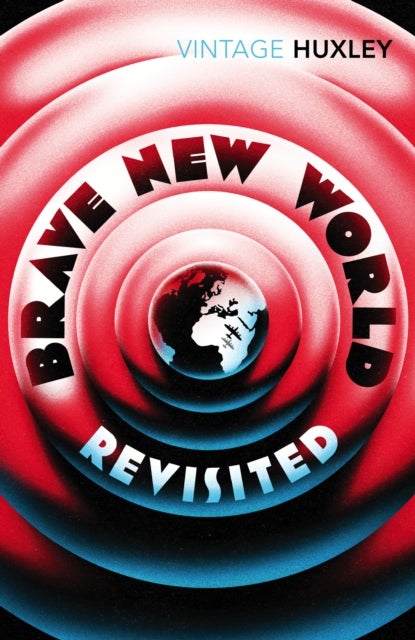
Brave New World Revisited av Aldous Huxley
169,-
In his 1932 classic dystopian novel, <i>Brave New World</i>, Aldous Huxley depicted a future society in thrall to science and regulated by sophisticated methods of social control. Nearly thirty years later in <i>Brave New World Revisited</i>, Huxley checked the progress of his prophecies against reality and argued that many of his fictional fantasies had grown uncomfortably close to the truth. <i>Brave New World Revisited</i> includes Huxley''s views on overpopulation, propaganda, advertising and government control, and is an urgent and powerful appeal for the defence of individualism still alarmingly relevant today.








